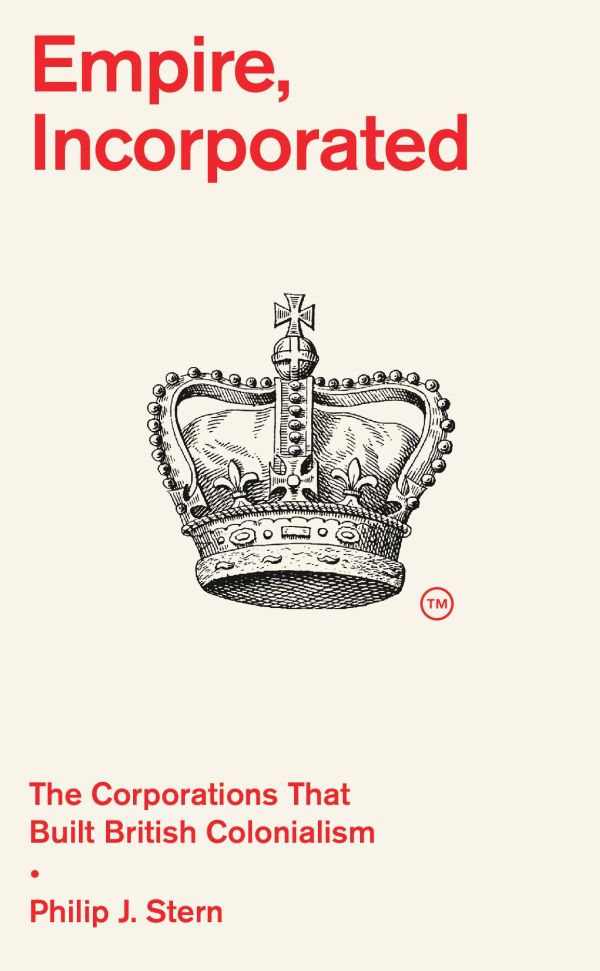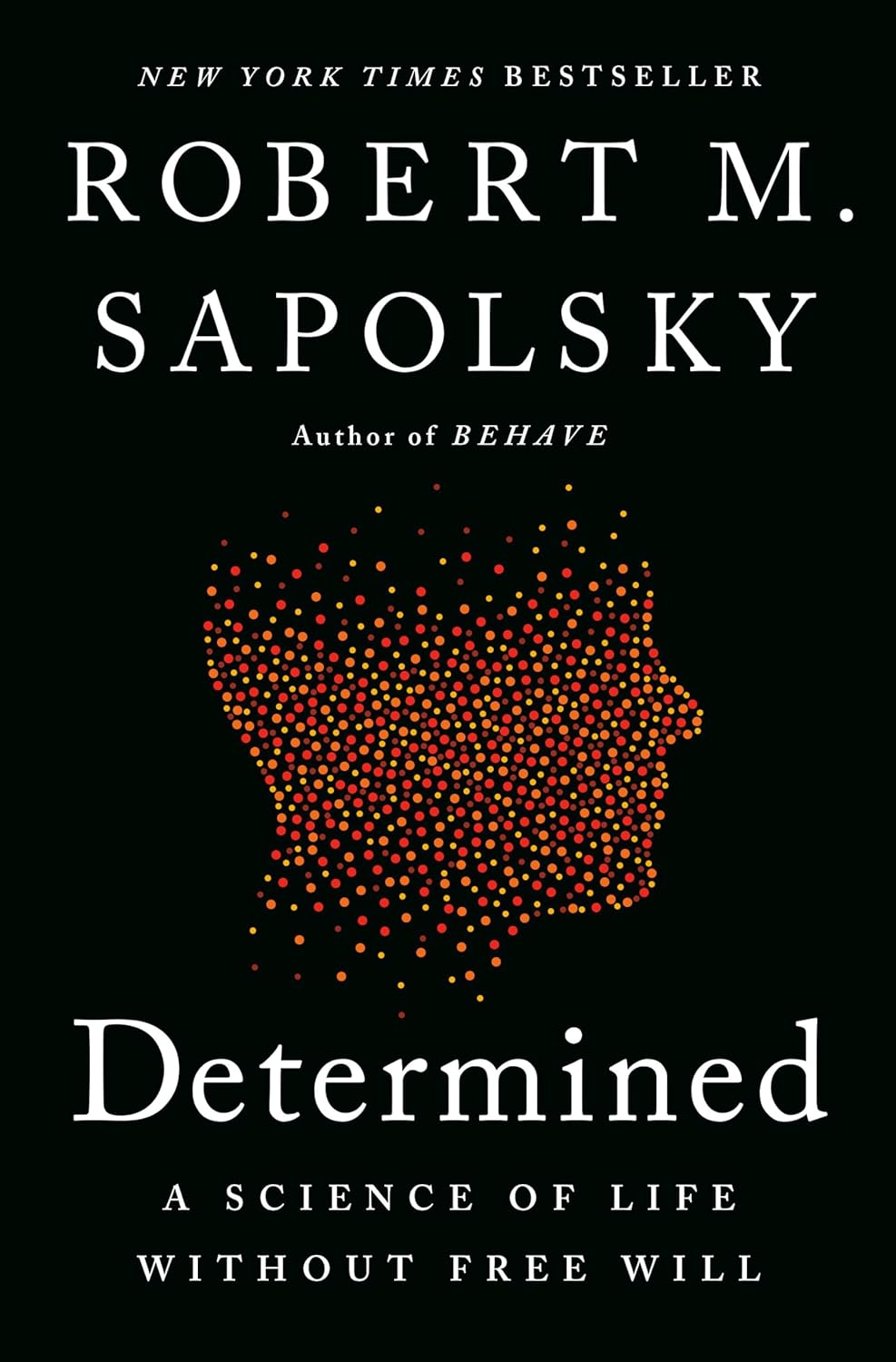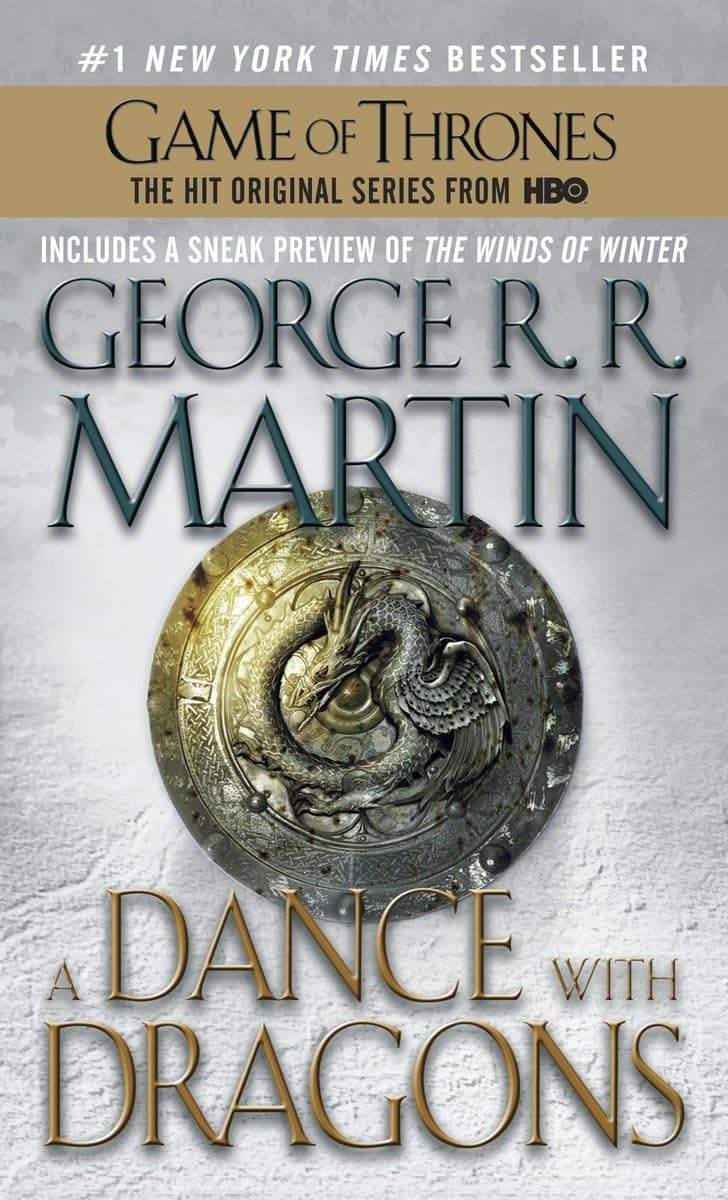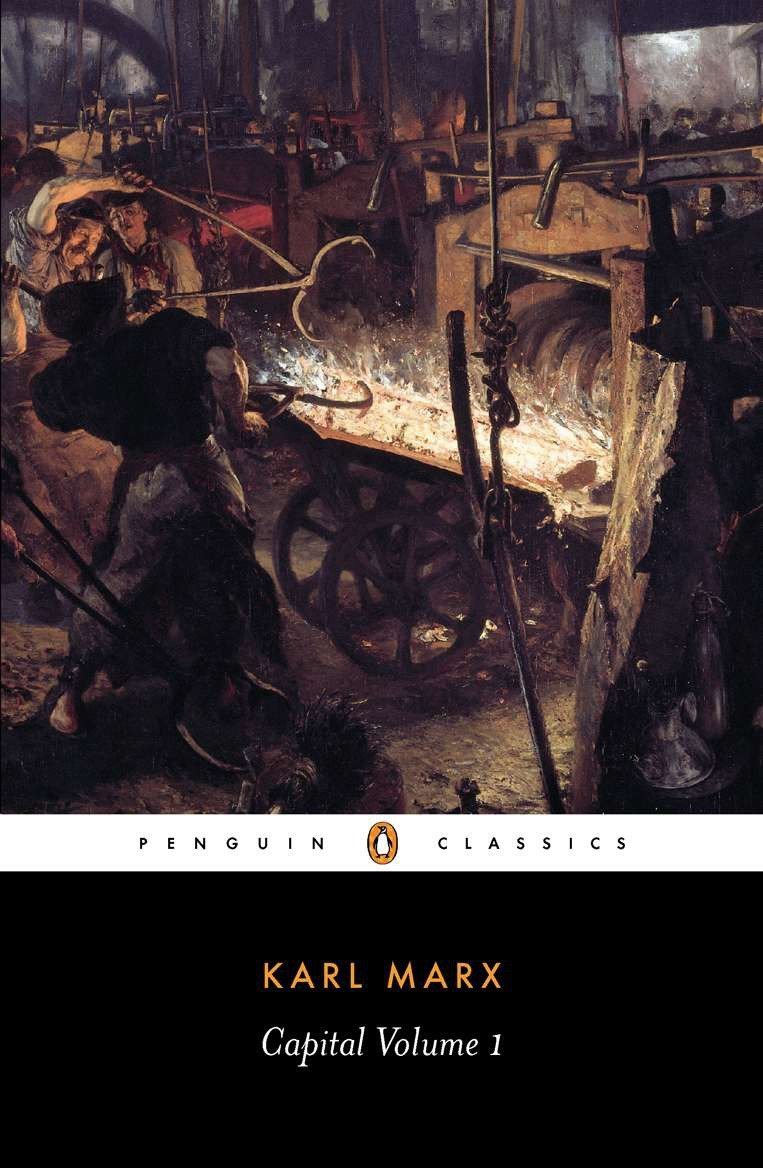this post was submitted on 05 Feb 2024
14 points (100.0% liked)
Books
460 readers
1 users here now
For all books - fiction and non-fiction.
founded 3 years ago
MODERATORS
you are viewing a single comment's thread
view the rest of the comments
view the rest of the comments






I am reading The Oxford Handbook of Iranian History as a preparation for my next read, which is Perceptions of Iran: History Myths And Nationalism From Medieval Persia To The Islamic Republic by Ali Ansari. One thing that the coauthors of the Oxford handbook have specially mentioned was the sense of national identity that premodern Iranians enjoyed, but it remains a very controversial subject. So I am intrigued to know how Ansari handles that question.
They seem interesting! Have you ever learned anything about Zoroastrianism? I remember learning it was popular in the region at some point in history.
Zoroastrianism is a principle component of Iranian identity in the antiquities, especially under Achaemenid rule during which its doctrines were formalised and the church was tied to the state apparatus.
As the empire grew, Zoroastrianism was spread as far as India (I heard the biggest Zoroastrian community today is located there). Some vassal states within the Acahemenid/Sassanid spheres of influence even adopted the religion, such as Armenia before it converted to Christianity. The extent of Zoroastrianism was so deep-rooted in Iranian societies that even centuries after the Islamic conquests it remained prevalent (There wasn't forced conversion to Islam but many eventually did to avoid paying war tributes).
There was also a popular movement led by the Zoroastrian priest Mazdak who preached for an egalitarian social system and the distribution of the wealth of the nobility and priests to peasants.